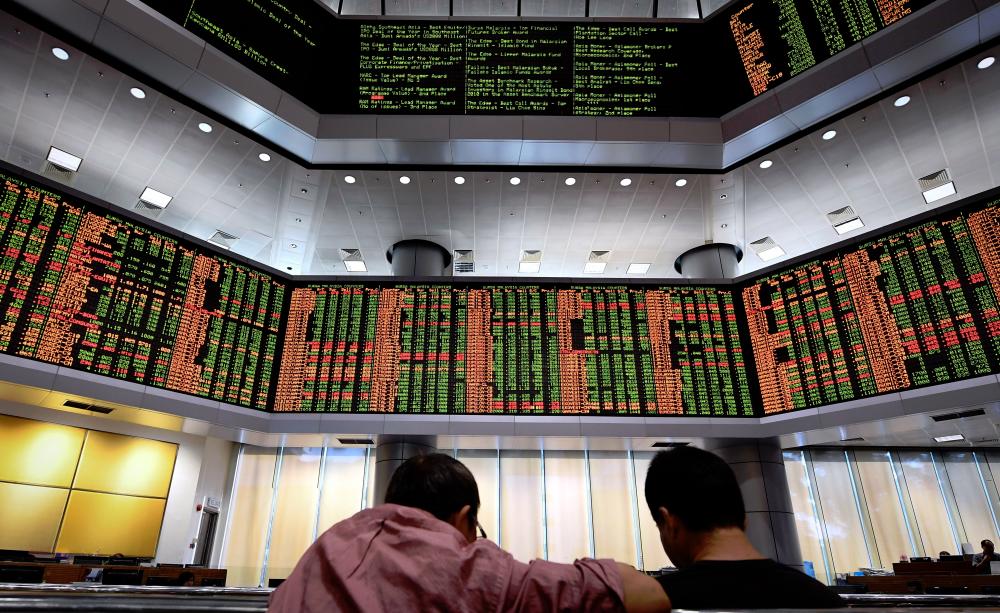PETALING JAYA: There are mixed opinions on whether Bursa Malaysia Bhd should follow in the footsteps of the SIngapore Exchange and get rid of the requirement for public listed companies to report quarterly earnings, but it would appear that there is a case to be made for both sides.
An analyst tells SunBiz he believes the quarterly reporting (QR) requirement should be maintained, unless another way to protect investor interests can be demonstrated.
“There are pros and cons to it. Companies on the LEAP Market only have to release their earnings on a half-yearly basis, since they are usually very small companies and not much is likely to change. However, even though companies that have a proven track record may have a case to fight for relaxing the rules, I think they should be the ones that are held to the same standard since some of them have many operating segments and the market changes fast.
“My hope is that they will start releasing quarterly results earlier, rather than after two months like is happening now. The only benefit I see from scrapping the QR is that there will be less speculation on their share price,” he said.
The analyst added that he did not agree with the global trend, which appears to be moving towards removing QR, as it could lead to lower transparency.
JF Apex Securities Bhd head of research Lee Chung Cheng also said that it is important to allow time for earnings trends to emerge for which QR does not necessarily allow for.
“From an industry perspective, reporting every quarter is too short to show a meaningful improvement or recovery. At least half a year is needed to demonstrate a difference. In terms of target prices, analysts also look at QR and as such their target prices tend to be too short term.
“Transparency is the upside here, because some investors like that they can track a company closely and see if there are fluctuations in earnings and prepare early, but I personally don’t have a strong view on whether we should have quarterly or half yearly reporting,” he told SunBiz.
In 2018, Bursa sought public feedback on a consultation paper on the suitability of the existing QR framework in Malaysia, in view of the global debate and diverse views on the interim financial reporting regime.
The QR framework was introduced by Bursa in 1999. It was aimed at providing a more regular update relating to the financial condition of listed issuers and restoring investors’ confidence in the aftermath of the Asian financial crisis.
Under the framework, listed issuers were required to report their financial results within two months from the end of every financial quarter. This obligation remains in effect as to date.
The QR framework was subsequently reviewed in 2013 pursuant to a recommendation under the Corporate Governance Blueprint launched by the Securities Commission Malaysia (SC) on July 8, 2011.
Following that, the exchange issued a consultation paper, but after considering the views of the task force as well as the arguments both for and against QR, it was decided that QR was still relevant and required by investors.
Last week, it was reported that the Singapore Exchange Regulation announced that QR is no longer required for listed companies unless they are associated with higher risks. With effect from Feb 7, a new risk-based approach to QR will replace the current reporting requirement based on companies meeting a certain minimum market capitalisation.













